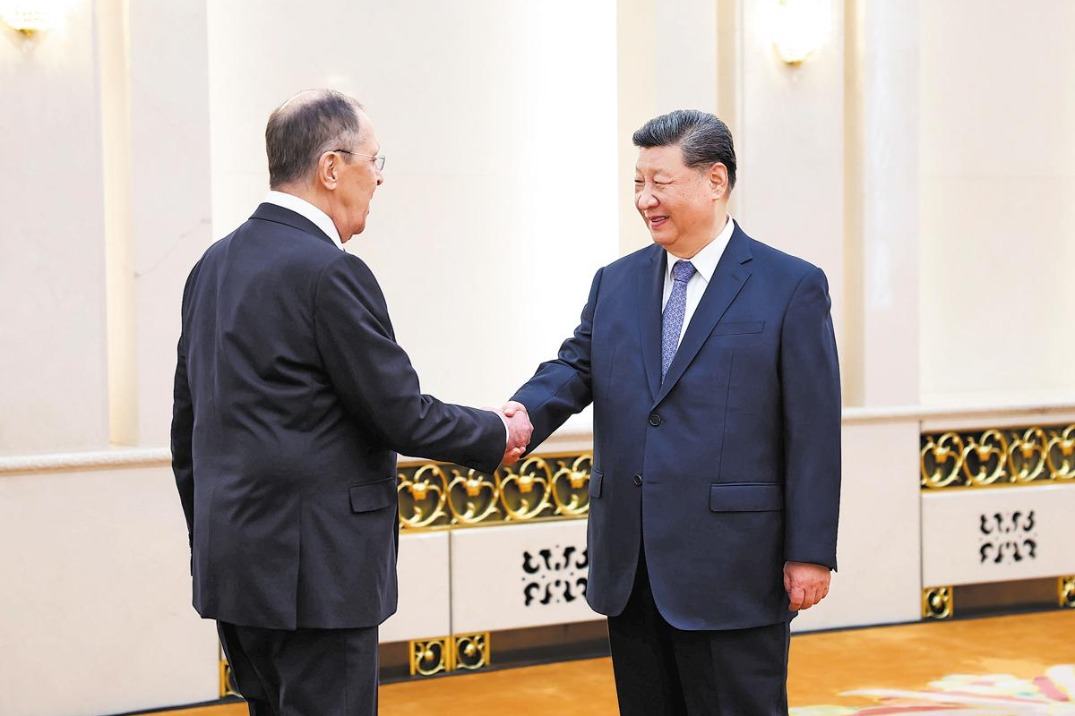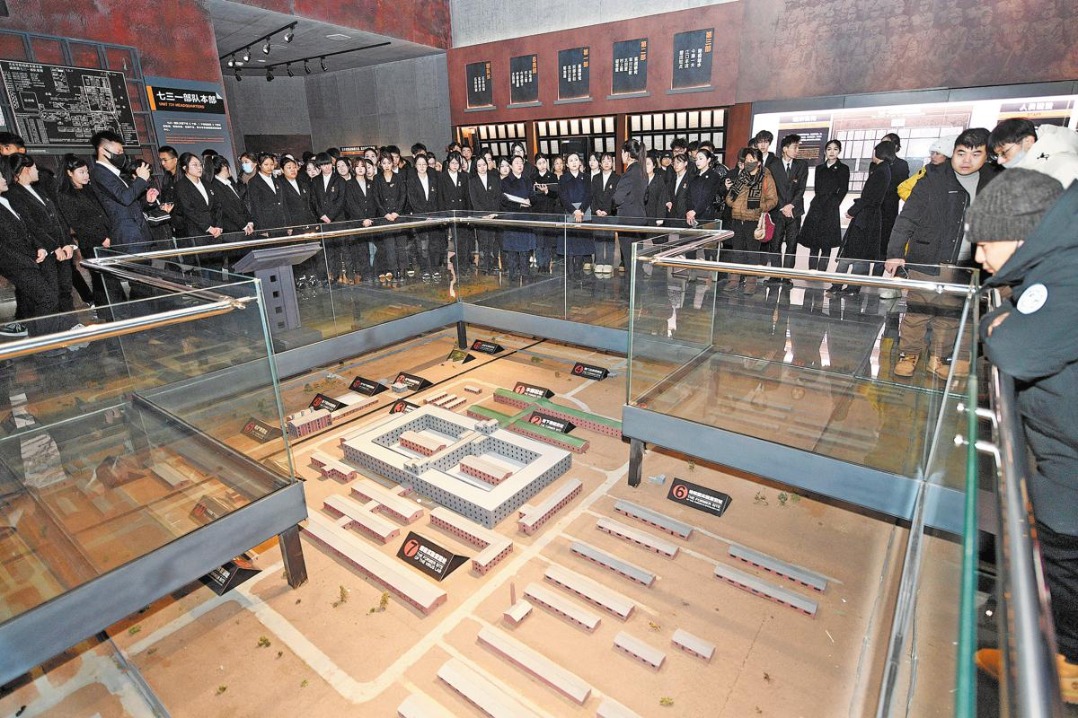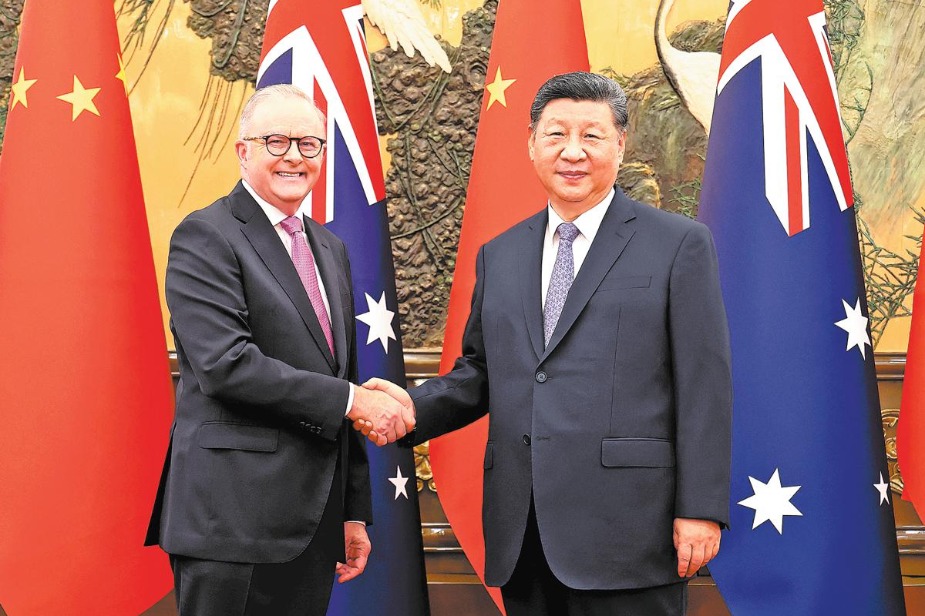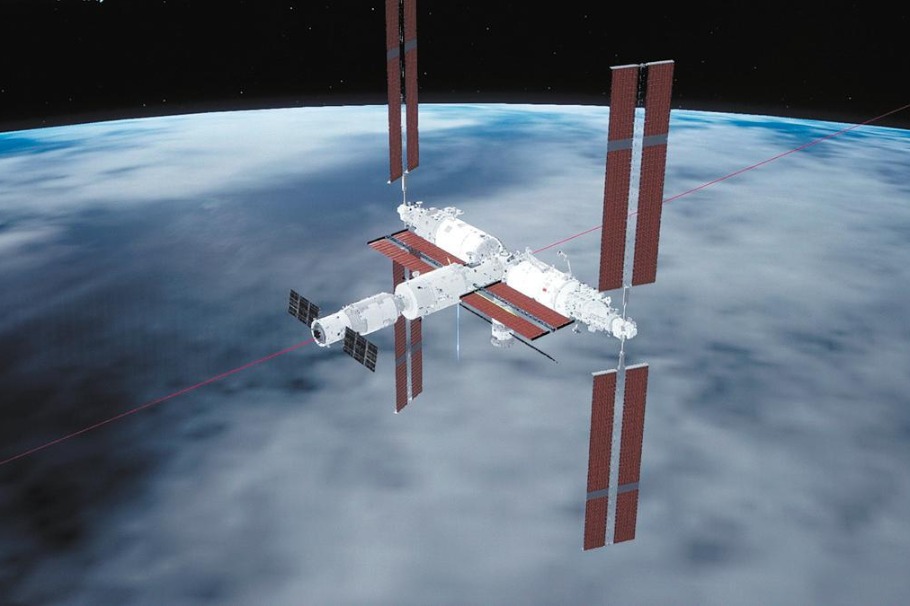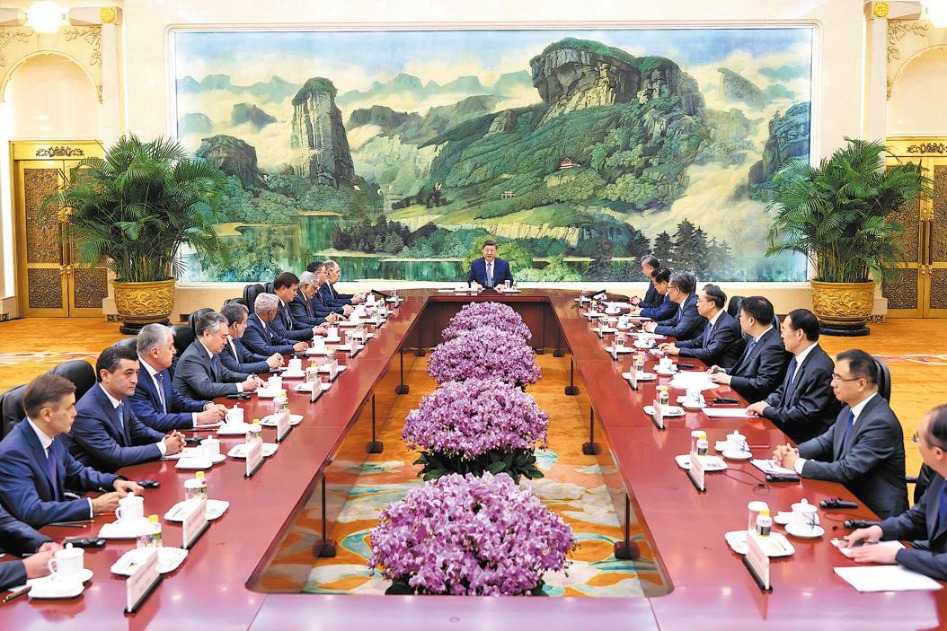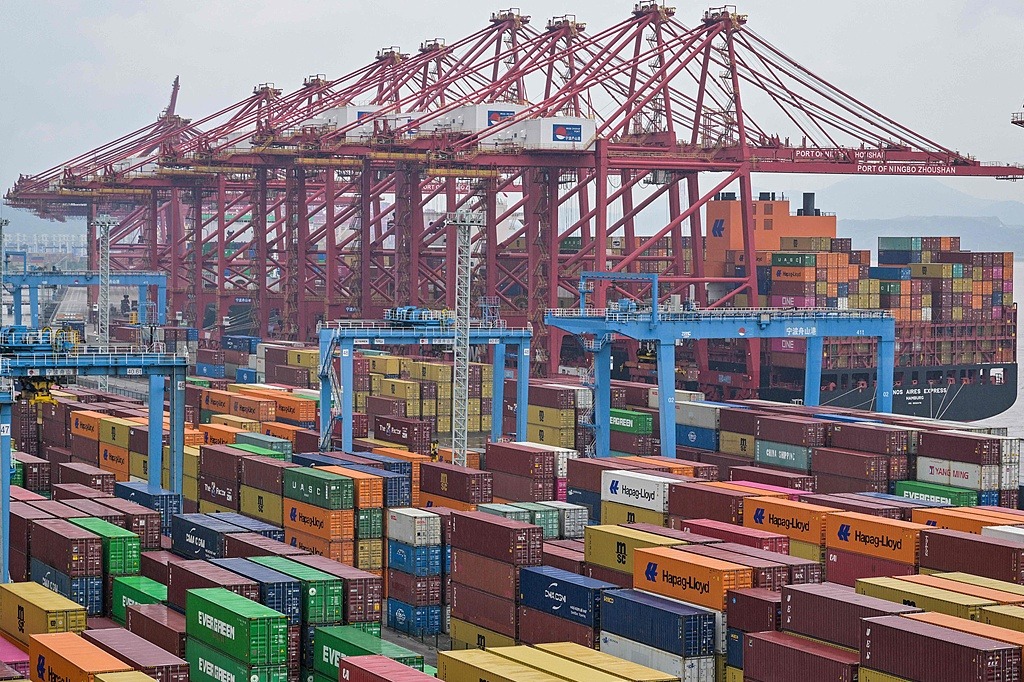No disguising real purpose of Lai's overseas trip

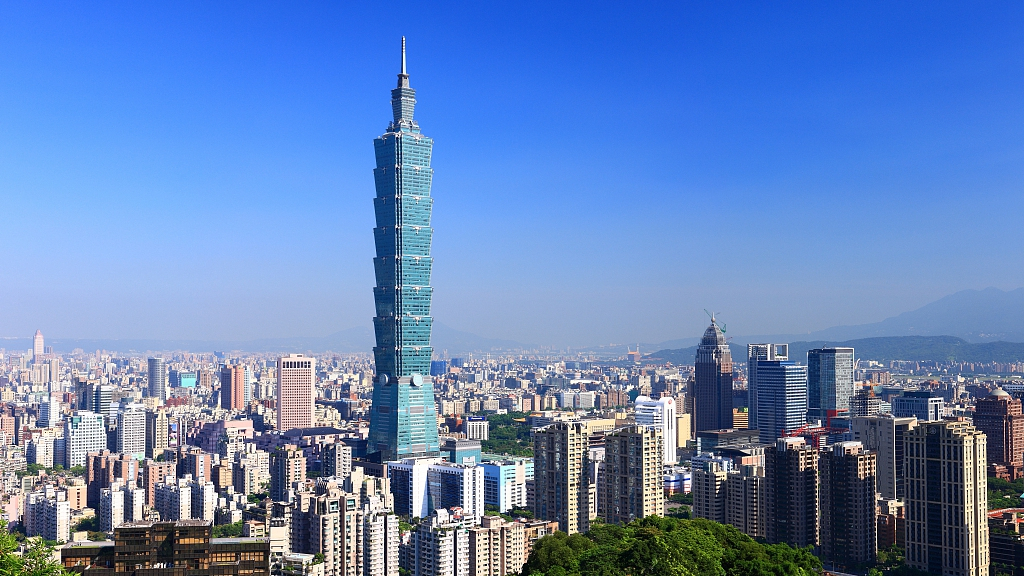
Taipei only confirms the overseas trips of the head of the island's authorities shortly before they happen because it knows Taiwan island is not a state, and such trips are not diplomatic engagements that are conventionally announced in advance.
So although local and Western media have made public Taiwan leader Lai Ching-te's planned visits to Paraguay and Belize next month, along with "stopovers" in the United States, his office has remained conspicuously silent when it comes to queries.
Previously, Taipei has attributed such "stopovers" in the US to the "long distance" between the island and Central and South America, where seven out of the island's remaining 12"diplomatic partner" states are located. It will not be a surprise if it trots out the same excuse this time.
Like those of his predecessor Tsai Ing-wen, Lai's reportedly planned "stopovers" in the US are for the purpose of collusion with Washington's "Taiwan card" players, who are the main backers and, by extension, arms suppliers to the Democratic Progressive Party authorities of the island. The "long distance" is a tired excuse that fails to disguise the nature of Lai's planned US "stopovers".
Since the island still has three "diplomatic partner" states in the Pacific — the Marshall Islands, the Republic of Palau and Tuvalu — the DPP leaders can make "stopovers" in any of these countries that are located directly in the middle of the air route between Taiwan and Central and South America. But they never do.
Making "stopovers" in the US means they have to take a big detour to the north — Tsai even made two "stopovers" in the US on her way to and from her Central and South American destinations — almost doubling the travel distance. Tsai also invariably spent more time in the US on her "stopovers" than she did on her stays in Central and South America.
In other words, the "foreign" visits of the DPP leaders to Central and South American countries are only an excuse intended to disguise the true purpose of their trips — visits to the US. That is confirmed by the reports of such visits. Be it by the island's media or Western media, their focus is all on the DPP leaders' "stopovers" in the US.
Asked about Lai's visit plans this time, a spokesperson for the US State Department said that the so-called "transits" of senior Taiwan officials through the US are consistent with previous practice and in line with Washington's policy. The spokesperson also said that such arrangements are made with considerations for the officials' safety and comfort.
This is nothing but openly giving the secessionist-minded DPP leader a green light for his de facto "official visits" to the US, something that Washington agreed not to do as part of the commitments it made in the three communiques with Beijing that are the foundation for bilateral relations.
Despite its strategic ambiguity on the Taiwan question, the US administration should realize the sensitivity of such "stopovers". The timing of Lai's planned visits is apparently carefully chosen to try and undermine the ongoing exchanges between Beijing and Washington aimed at managing bilateral ties. China strongly condemns "official interactions" between the US and the Chinese island in any form.
"We oppose any visit to the US by leaders of the Taiwan authorities for whatever reason or under whatever pretext. The US should not in any way aid or abet 'Taiwan independence' separatists and their separatist activities," Foreign Ministry spokesperson Lin Jian said at a news conference on Tuesday.
The US administration should honor its pledge on the Taiwan question, abide by the one-China principle that it has claimed on different occasions to uphold, as well as the three China-US joint communiques, and handle the Taiwan question with due prudence.

















